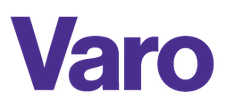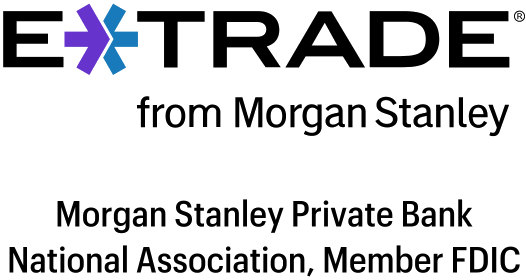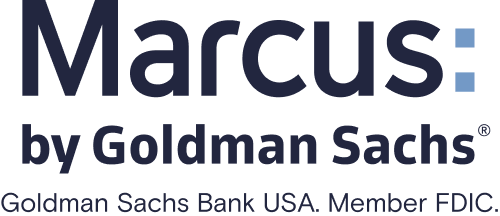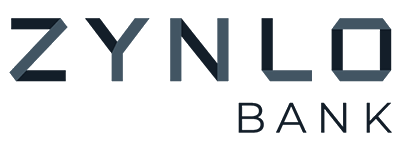How to Cash a Check Without a Bank Account
Consider cashing your check at the bank where it was issued, at a retailer or onto a prepaid debit card

Many, or all, of the products featured on this page are from our advertising partners who compensate us when you take certain actions on our website or click to take an action on their website. However, this does not influence our evaluations. Our opinions are our own. Here is a list of our partners and here's how we make money.
A bank account can be an important part of your financial toolkit, but there are ways to work around having one for specific tasks. If you’re currently unbanked and need to cash a check, here are some options.
5 ways to cash a check without a bank account
1. Ask the bank where the check was issued. The bank listed on the check you received should be able to cash the check for you for either a flat fee or a percentage of the check amount. Keep in mind that the bank is not obligated to cash checks for noncustomers.
2. Visit a nearby major retailer. Some retailers, such as Walmart or grocery stores, allow customers in most states to cash a check for a relatively small fee.
3. Deposit onto a prepaid debit card. Some prepaid card services, like Transact by 7-Eleven or Netspend by Visa, allow customers to load checks to fund their cards via their mobile devices.
4. Consider a payday or title lender. If you go with this option for cashing a check, keep in mind that you will likely lose a significant percentage of your check in exchange for cash at a payday or title lender.
5. Endorse the check to someone who can cash it for you. If a trusted friend or family member has a bank account, see if they would be willing to deposit the check and withdraw the funds as cash for you.
» Waiting on your deposit? Here’s how long it takes a check to clear
Forbright Bank Growth Savings

4.00%
$0

Member FDIC
Varo Savings Account

5.00%
$0
E*TRADE Premium Savings

3.50%
$0
How to cash a large check without a bank account
Depending on where you go, you may be able to cash relatively large checks easily. Walmart, for example, allows you to cash up to $5,000 for nonpersonal checks such as a government check, cashier’s check or payroll check (and the limit is increased to $7,500 for January through April). Two-party personal checks, however, have a limit of $200.
If you want to cash a larger check than the retailer’s personal check limit, you may have to speak to the bank that issued the check to see what’s possible. You may be charged a fee to cash the check.
» MORE: Can I cash a check at any bank?
Additional considerations for cashing a check
You will likely need a form of official identification. If you want to cash your check at a retailer, payday lender or the bank that issued your check, you will probably need to bring a government-issued ID, such as a United States passport, driver’s license, green card, military ID, state-issued ID or tribal ID.
Two-party personal checks may be more difficult to cash. If you’re looking to cash a check you received from another individual — as opposed to a government check, cashier’s check or payroll check — you are more likely to face check-cashing limits.
How to open a bank account to cash a check
Using your own bank is usually the easiest, lowest-cost way of cashing a check or depositing a check into your own account. Here’s what to do if you want to open a bank account.
If you’re new to banking: Opening a bank account is usually a straightforward process. You typically need some form of government-issued identification and your basic personal information such as your birthdate, Social Security number and contact information. If you’re under 18, you will need a parent or legal guardian to co-own the account. If you want to open a joint account, you will need the other applicant’s information as well.
If you have a ChexSystems record: ChexSystems is a consumer reporting agency that tracks blemishes on your banking history — such as overdraft fees that haven’t been paid — and banks will sometimes check your ChexSystems record when you try to open a new account. If you’re having trouble opening a bank account because you’ve been reported to ChexSystems, you can take steps to improve your record. While you’re working on clearing your ChexSystems report, consider opening a second chance checking account, which some banks across the country offer as a way for customers to rebuild their banking status.








